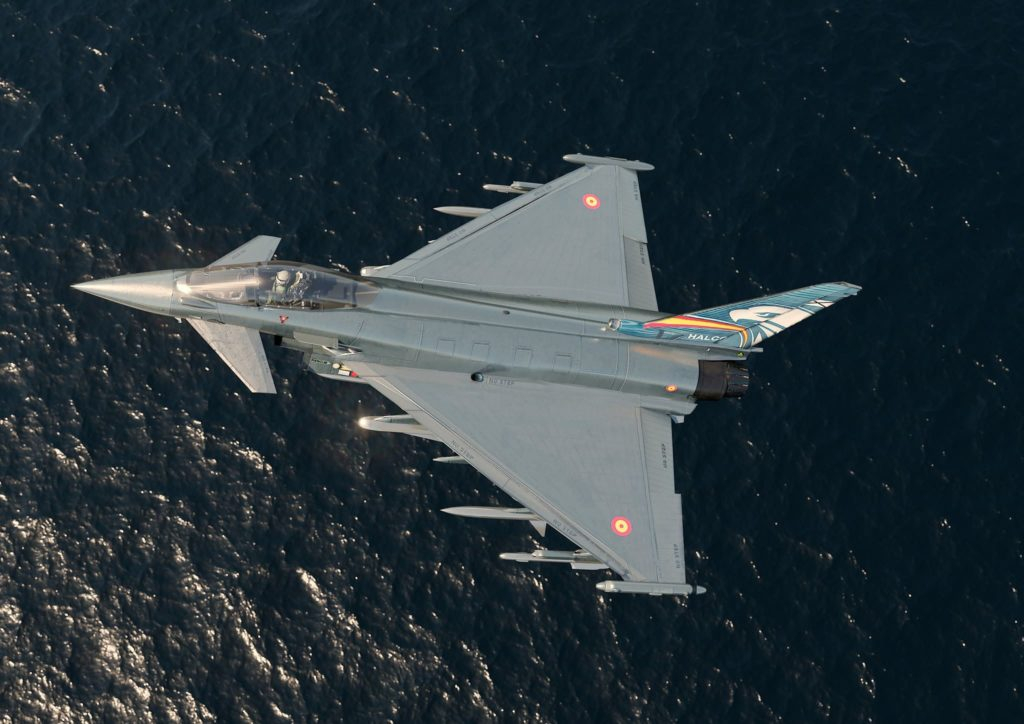
Defence design is a highly specialised field that requires a range of skills and expertise. The following are ten of the top specialisations in defence design:
Aerospace Engineering: Aerospace engineers design and develop aircraft, spacecraft, missiles, and other related systems.
Naval Architecture: Naval architects design ships, submarines, and other naval vessels, as well as the systems that support them.
Electronics Engineering: Electronics engineers design and develop electronic systems, such as communications and radar systems, that are essential to defence operations.
Weapons Design: Weapons designers develop and test weapons, including guns, bombs, and missiles.
Cybersecurity: Cybersecurity experts design and implement secure computer systems and networks to protect against cyber-attacks.
Systems Engineering: Systems engineers design and manage complex defence systems that integrate multiple components and technologies.
Materials Science: Materials scientists develop new materials and alloys that are used in defence applications, such as high-strength metals and ceramics.
Human Factors Engineering: Human factors engineers design systems and equipment that are user-friendly and easy to operate, which is critical in high-pressure defence environments.
Intelligence Analysis: Intelligence analysts collect and analyse data to provide insights into potential security threats and to support strategic decision-making.
Operations Research: Operations researchers use mathematical models and simulation tools to optimise defence operations and logistics, such as supply chain management and resource allocation.